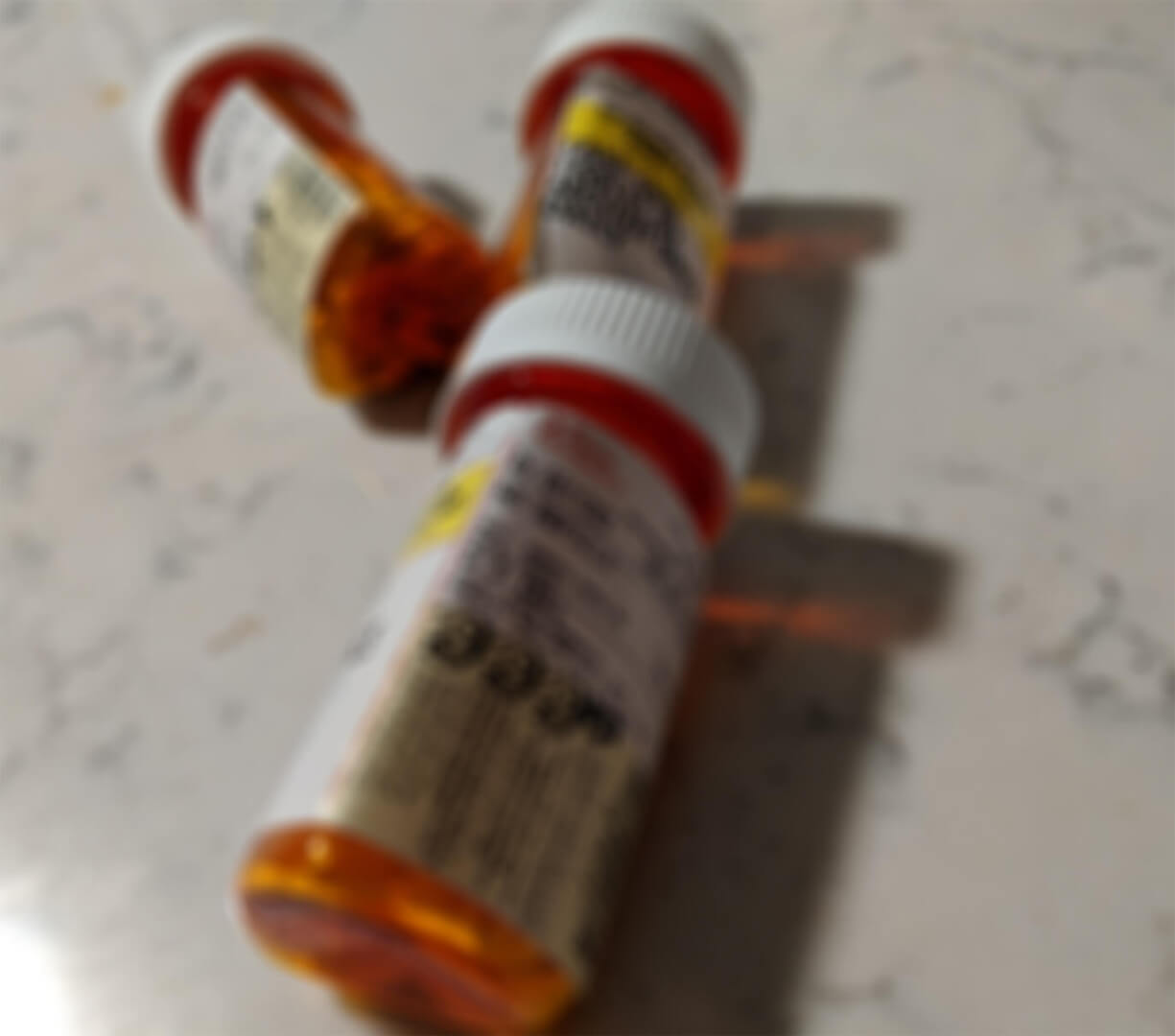In July 2018, Bill S.2609 was passed in the Massachusetts Senate. The bill is called An Act for Prevention and Access to Appropriate Care and Treatment of Addiction, and it is the result of research on evidence-based practices and collaborations with healthcare researchers, hospitals, clinicians, behavioral health providers, law enforcement, patient advocates, and addicts themselves.
Data from the Massachusetts Department of Public Health shows that in the first three months of 2018 alone, there were 201 confirmed opioid-related overdose deaths. According to one senator who supported the bill, the goal was to provide more tools to address the opioid epidemic and to establish the Commonwealth as a national leader in the efforts against the crisis.
One provision in the bill provides for increased access to medication assisted treatment, or MAT. MAT is the use of FDA- approved medications, in combination with counseling and behavioral therapies, to treat substance abuse disorders. Another goal of the legislation is to explore the ways to reduce harm and save lives by expanding education and prevention work. It also aims to address the large number of people with co-occurring dual diagnosis conditions (bipolar disorder, anxiety, depression, etc.) that often occur along with substance abuse.
Under the new legislation, a person who receives treatment for an overdose in an emergency department would have the means to begin treatment for substance abuse before they even leave the hospital. The bill requires that all emergency departments have the ability to initiate addiction treatment with the patient, so they will have all the information and resources they need to voluntarily choose to get help. Patients will also be able to receive a direct referral from the emergency department to an addiction treatment provider in the community. This means they can continue their treatment uninterrupted after going home, without having to go to a primary care physician for a referral (which would previously have been necessary because insurance companies typically require that your primary care doctor refer you for treatment before they’ll agree to pay).
The bill also makes Massachusetts one of the group of states that provides liability protections, including protection from criminal or civil liability for practitioners who prescribe drugs and pharmacists who dispense naloxone. Treating patients with opioids for pain has become a serious problem for doctors, who are forced to try to effectively treat people with legitimate needs while not overprescribing or prescribing to people with substance abuse problems. Releasing them from liability protects those patients who genuinely need opioid medications from getting punished by the system. Similarly, pharmacies may be unwilling to provide naloxone for fear that people will use it to reverse an overdose and then go right back to using drugs.
If you or a loved one need help with quitting drugs or alcohol, consider Asana Recovery. We offer medical detox, along with both residential and outpatient programs, and you’ll be supervised by a highly trained staff of medical professionals, counselors, and therapists. Call us any time at (949) 438-4504 to get started.



